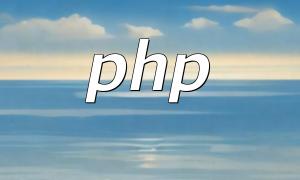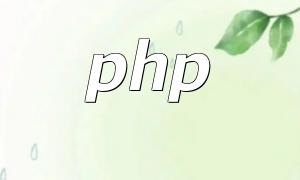Performance optimization is crucial in PHP development, especially for applications handling large data volumes or high concurrency. By using the right tools and strategies, developers can significantly improve application response time and stability. This article covers the most effective PHP profiling and optimization tools to help identify and resolve performance bottlenecks efficiently.
Xdebug and Blackfire are two of the most popular PHP profilers. They allow developers to analyze code execution in detail and pinpoint performance issues with precision.
Xdebug is a powerful PHP debugging and profiling tool that generates detailed reports on function calls, memory usage, and database queries. These insights help developers identify bottlenecks in their applications.
Example:
// Enable Xdebug at the top of your script
xdebug_start_trace();
// Run the script
// Generate performance report
$traceFile = xdebug_get_tracefile_name();
$report = xdebug_get_formatted_trace();Blackfire is a cloud-based PHP profiling tool that automatically detects performance bottlenecks. It provides interactive visual reports, making it easier for developers to analyze the performance of specific functions or modules.
Example:
$blackfire = new BlackfireAgent();
$blackfire->start();
// Run the script
$blackfire->stop();Memory management plays a key role in PHP performance. The PHP Memory Profiler extension provides advanced memory usage reports, helping developers locate inefficient memory allocations or leaks.
Example:
// Enable the extension
phpinfo(); // Check php.ini for extension=memory_profiler
// Analyze memory usage
memory_get_usage();
memory_get_peak_usage();Database performance is often the core factor affecting PHP application speed. Tools like the EXPLAIN statement and MySQL Workbench help developers analyze and optimize SQL queries effectively.
The EXPLAIN statement reveals the MySQL query execution plan, showing index usage and query efficiency to help identify slow operations.
Example:
$stmt = $con->prepare("SELECT * FROM table WHERE column = ?");
$stmt->execute([$value]);
// Get execution plan
$plan = $stmt->queryString;MySQL Workbench provides a graphical interface for performance analysis. It visualizes query execution, server metrics, and resource usage to help optimize database performance.
Opcache is a Zend Engine extension that caches compiled PHP scripts, significantly reducing script parsing time and improving execution performance, especially for high-traffic sites.
PHP-FPM (FastCGI Process Manager) optimizes request handling and improves PHP's performance under heavy load, making it ideal for high-concurrency environments.
Following best coding practices also contributes to better performance. Avoid global variables, simplify loops, and minimize unnecessary database queries. Tools like PHPStan and Psalm can be used to detect potential performance issues early in development.
Using caching systems such as Redis or Memcached helps store frequently accessed data, significantly reducing database queries and improving application response times.
PHP performance optimization is a continuous process. By leveraging tools like Xdebug, Blackfire, and Opcache, combined with proper database and caching strategies, developers can greatly enhance the efficiency and stability of their applications.






